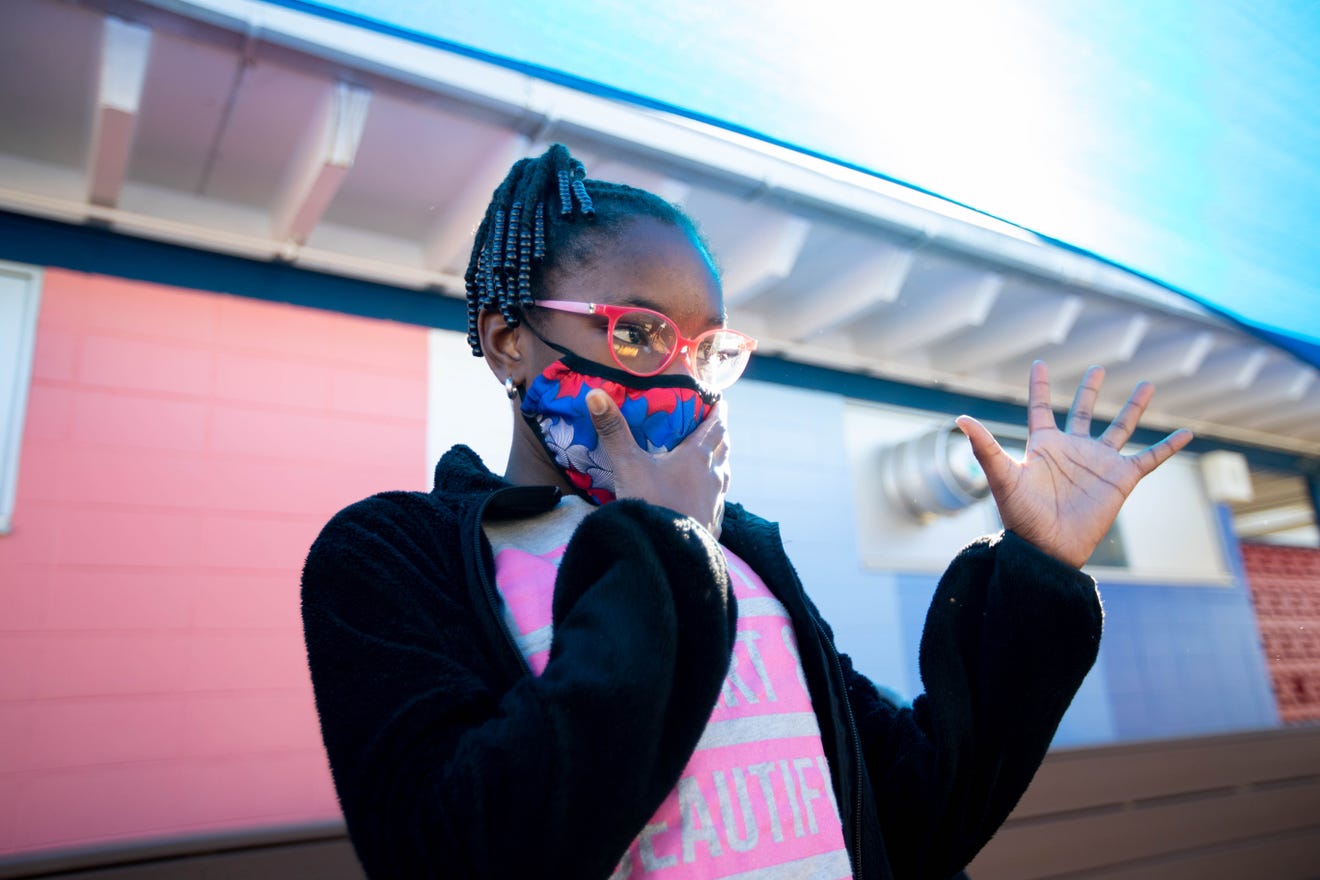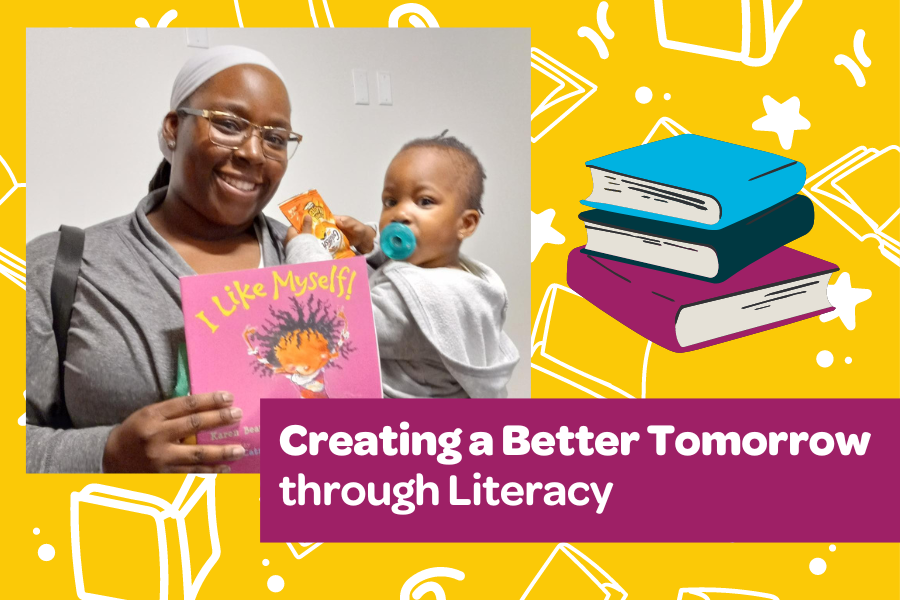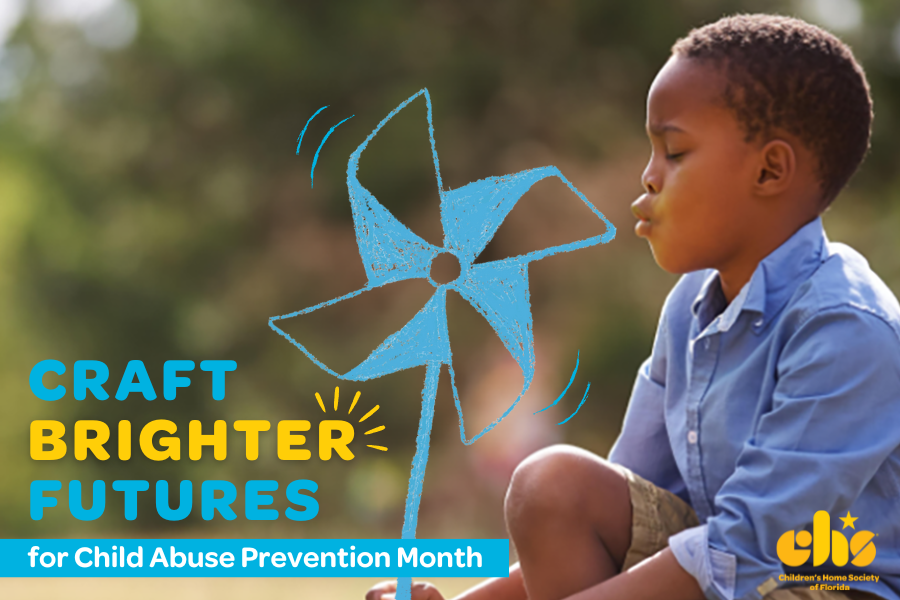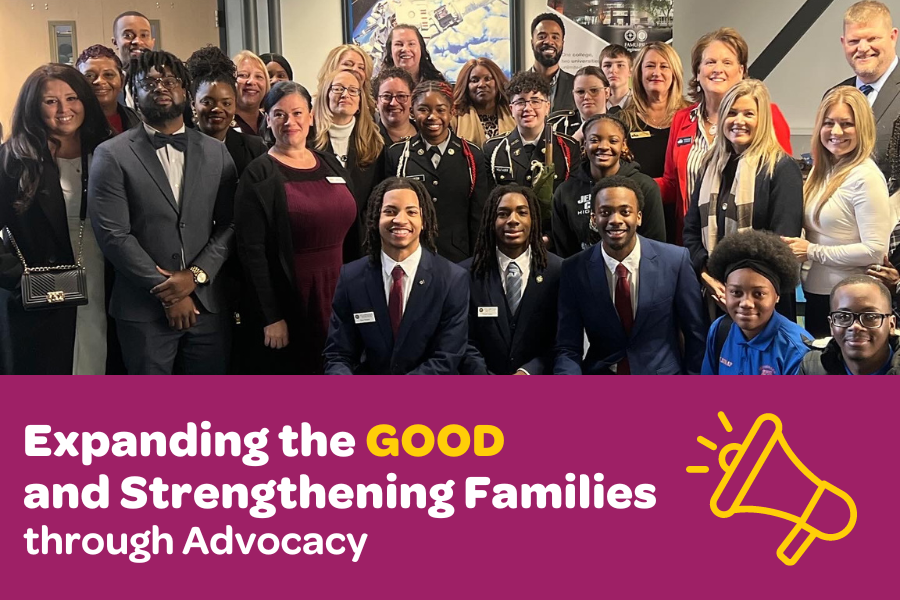When COVID-19 catapulted students into remote learning overnight, our kids lost more than an in-person learning experience. Children in frightening, unstable home environments lost precious hours of safety and certainty, and positive relationships with peers, teachers, principals and bus drivers.
Students struggling with anxiety, depression or a host of other mental health issues lost comfort, progress and hope as their consistent school-based counseling sessions fell by the wayside.
And children living in extreme poverty – many of whom are homeless, sleeping in motels or tents – lost access to convenient and accessible health care, dental and vision care, and warm, nutritious meals and clothing closets.
That’s not even touching upon the academic losses for these students. The “digital divide” is real – especially when compounded by significant social stressors and the fact that many students can’t even log in regularly to learn; this breeds an atmosphere where they cannot succeed.
Model for hope already working
More than a decade ago, Children’s Home Society of Florida and the University of Central Florida teamed up to work toward changing this. Through the development and implementation of the Community Partnership Schools model, the two entities partnered with Orange County Public Schools to launch the innovative initiative at Evans High School, located in one of the most vulnerable ZIP codes in the state. At the time, graduation rates hovered just above 60% and problematic behavioral issues – including juvenile justice involvement – were far too prevalent.
Here’s the tragedy: Every one of those students had a dream at one point: perhaps to fly to the moon, to open a restaurant or maybe become an educator. But circumstances beyond their control didn’t just derail those dreams – they demolished them. By the time they reached high school, many of those kids shared a similar focus: survival.
This wasn’t just lost potential in students’ futures – it is communities’ futures, too. As taxpayers, we’re ultimately the ones who foot the bill.
But the Community Partnership Schools model has been changing this story. Through this strategy, we’ve brought in services, community partners and advocates to address underlying issues leading to such lost potential: untreated mental health challenges, violence, chronic illness, instability, hunger … the list goes on and on. Fortunately, so do the solutions – that’s the power of partnership.
Nearly a decade later, graduation rates have soared to 99%. Disciplinary referrals have dropped by more than 46%. Juvenile crime has dropped. Students are now focusing on the future and their potential, not insurmountable barriers.
And it’s already here in Leon County
The model’s success has led to its replication in 25 more Florida schools, including Sabal Palm Elementary School in Tallahassee – a collaborative partnership among CHS, Florida A&M University, FSU Primary Health and Leon County Schools. Impressive, but not nearly enough.
The pandemic has taught us all that those four walls are more than an academic facility. They are a safe haven, a health and mental health home, a place to find stability, mentors and positive relationships — a gateway to unleash potential.
When our state’s schools pivoted to remote instruction last year, those with the strongest partnerships were the quickest to jump in to support students and families. From providing access to technology and internet, to food, counseling and community connections for utility support, transportation and health care – even canvassing neighborhoods to check on families – our Community Partnership Schools continued to address the holistic needs of children. Without first meeting those needs, education simply wouldn’t stand a chance.
While devastating that it took a pandemic to open eyes to the undeniable impact a school has on children and families – far beyond academics – it’s imperative that we now propel toward necessary change for more students.
Model of the future
The Florida Legislature has taken note of the indisputable impact of the Community Partnership Schools model and has invested in its success for several years. Yet the urgency to expand into more schools continues to heighten – but we cannot meet this demand without continued support and commitment from our leaders at the state and federal levels, including additional sustainable funding, as well as committed partnerships.
This is the model of the future. This past year has shown us we cannot return to what was – we must move forward to what can be. The future of our children, our communities and our society depends on it.
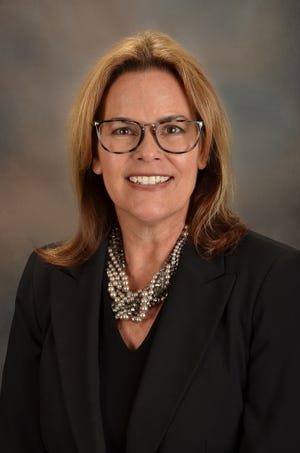
Andry Sweet is president and CEO of Children’s Home Society of Florida.

Pamela “Sissi” Carroll, Ed.D., is dean of the College of Community Innovation and Education, University of Central Florida.






